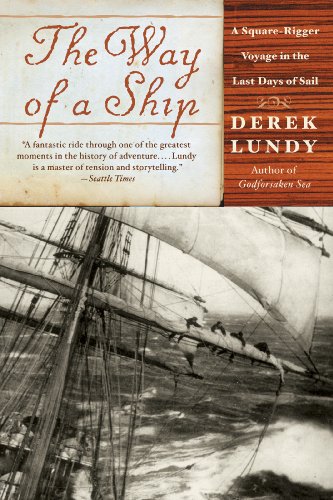It’s full strength for fall colors in my area this week, at least on my morning commute when the sunlight is set to Golden Hour status. The same trees don’t look quite as vibrant at noon. I’ve taken a few short videos while driving to or from work and this morning when taking the trash to the dump. I’ve been recording second-long videos this year. It’s been fun, but I’m not sure I’ll do it again next year.
Today, November 13, is Felix Unger day.
Dune: Herbert uses a steady stream of inner dialogue throughout the two Dune novels I’ve read, which is one reason Dune may work better as a book than a movie.
From the new biography on Czesław Miłosz: “In immigrating to the United States, and specifically to California in 1960,” Haven writes, “he thought he was coming to the timeless world of nature. However, Berkeley was about to become a lightning rod for […] the world of change […] and he would be in the thick of it.” (via Books, Inq)
Gene Veith is revisiting his book on contemporary fascism: “The rise of Donald Trump has caused many people to worry about the emergence of a new fascism, but hardly anyone seems aware of what the fascists actually believed.”
Sophia Lee is a solid young reporter with World News Group. She got married during COVID restrictions, which they streamed over Zoom. A virtual wedding ceremony meant her parents met his parents for the first time in August. A month later, her mother-in-law died.
Chocolates and Caramels: With Christmas and other holidays coming up, allow me to link to Monastery Candy “by the contemplative nuns of Our Lady of the Mississippi Abbey in Dubuque, Iowa.” They say their hazelnut meltaways are their favorites.
Photo: Diner (American and Korean food), Route 27, Columbus, Georgia 1982. John Margolies Roadside America photograph archive (1972-2008), Library of Congress, Prints and Photographs Division.






